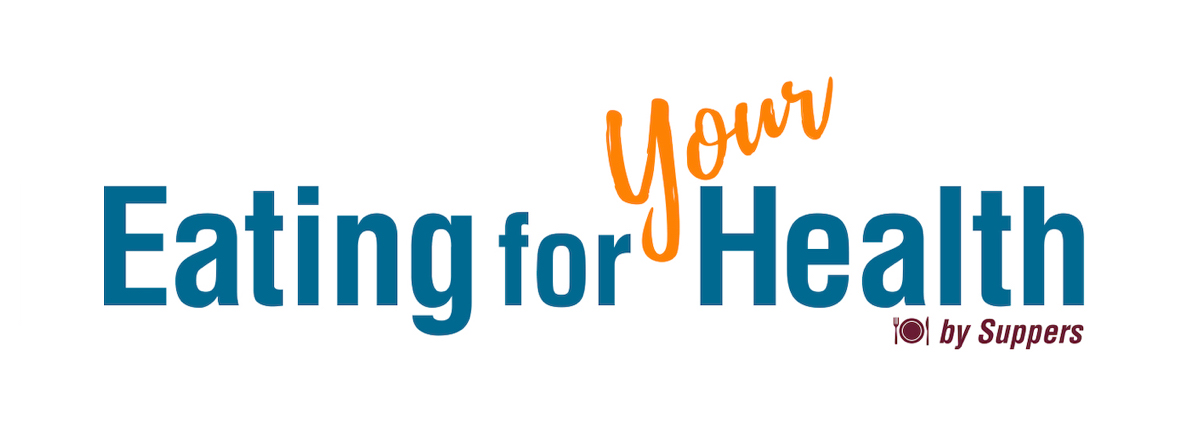It’s a good thing I have a circle of friends who actively practice nonjudgment because it certainly doesn’t come naturally. Whatever they were feeling inside the day I got up the courage to talk about emotional eating, they kept to themselves.
What hit me hardest at Suppers was realizing how my false emotions driven by caffeine and sugar had damaged my children. Even though common sense told me that I had a problem with coffee and candy, I had never examined how deeply they were affecting my emotional ability to parent. Internalizing the concept that I was generating my own loud emotions, both ugly and blissful, was hard enough. Talking about it in front of a group was out of the question.
Here’s the question that stopped me in my tracks: “Do I feel like smacking this kid because he’s inherently annoying or because I ran out of coffee?” It was an instant guilt trip. And the next stop on my guilt trip was sugar. The next time I bought candy I watched my emotions as they transformed with each crunchy, creamy nibble. I noticed I have a ritual of letting the chocolate melt away first before my tongue starts working on the salty peanut filling. It was bliss for a few minutes. And then I started to hate myself.
It was absolutely true. The false emotions that came from coffee and candy were a lot louder than my real emotions, and I could develop them in the time it takes to boil water or tear off a wrapper. By the time I shared my guilty story at the table, I was already well into the process of doing my own food experiments and observing how I feel. I couldn’t have spoken one day sooner, nor kept my mouth shut the day I found my courage.
It is some form of miracle that the Suppers tables are safe settings, not because people are nonjudgmental – we all seem to be judgmental – but because we’re all practicing nonjudgment for the sake of our own healing. If we don’t get it perfect, it doesn’t matter. What matters is that I can feel safe knowing there is a group intention to heal.
